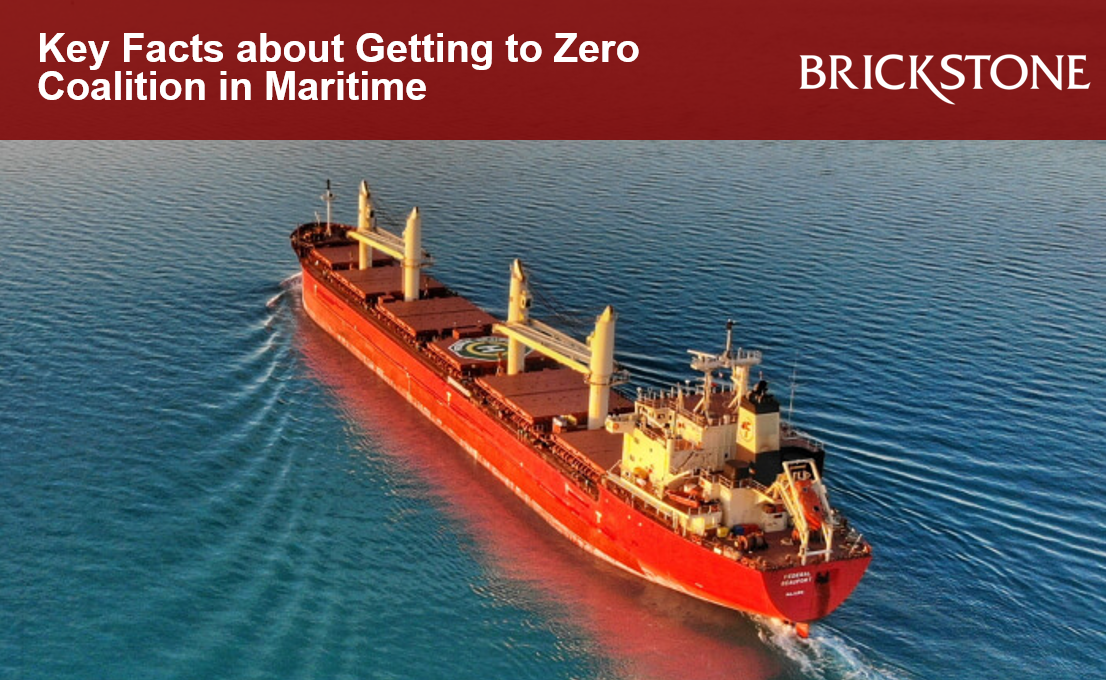Key Facts about Getting to Zero Coalition in Maritime
Climate Change and Getting to Zero Coalition in Maritime
Key Facts about Getting to Zero Coalition in Maritime
With a global geographical coverage, the Getting to Zero Coalition was born out of the need to curb emissions from shipping, which according to the Global Maritime Forum, the International shipping emits 2-3 percent of global GHG emissions, transporting close to 80 percent of global trade by volume. It is therefore aimed to reduce GreenHouse Gas emissions from shipping by at least 50 percent by 2050.
The Getting to Zero Coalition in Maritime Scheme is aimed at accelerating maritime shipping’s decarbonization with the development and deployment of commercially viable deep sea zero emission vessels powered by zero emission fuels into operation by 2030. This includes necessary infrastructure for scalable zero-carbon energy sources including production, distribution, storage and bunkering.
Supported by knowledge partners such as UCL Energy Institute, Environmental Defense Fund and the Energy Transitions Commission as well as endorsed by 14 governments including P4G country partners like Chile, Denmark, The Netherlands, and the Republic of Korea, the Getting to Zero Coalition brings together decision-makers from across the shipping value chain with key stakeholders from the energy sector as well as from governments and IGOs.
The overarching ambition of the Getting to Zero Coalition is narrowed down into a roadmap consisting of four phases, outlining the main milestones and tangible steps to accelerate the deployment of ZEVs. They include: building and expanding the Coalition base (2019-2020), developing the solutions and enabling the environment (2021-2023), testing and putting the enabling environment in place (2024-2027) and getting ready for roll-out (2028-2030).
The objective of the Getting to Zero Coalition in Maritime, shipping decarbonization, has the potential to act as a catalyst for the energy transition, drive substantial investment in clean energy projects in developing countries and, most importantly, inspire other hard to abate sectors to work together to accelerate decarbonization of their industries for a greener world.
Delivering on these shared objectives, the industry, according to the WeForum, cannot make the transition on its own as it requires active collaboration, commitment and co-investment from a broad range of stakeholders of all parts of the value chain (shipping, energy, infrastructure, finance), and accurate and timely responses by decision makers.





